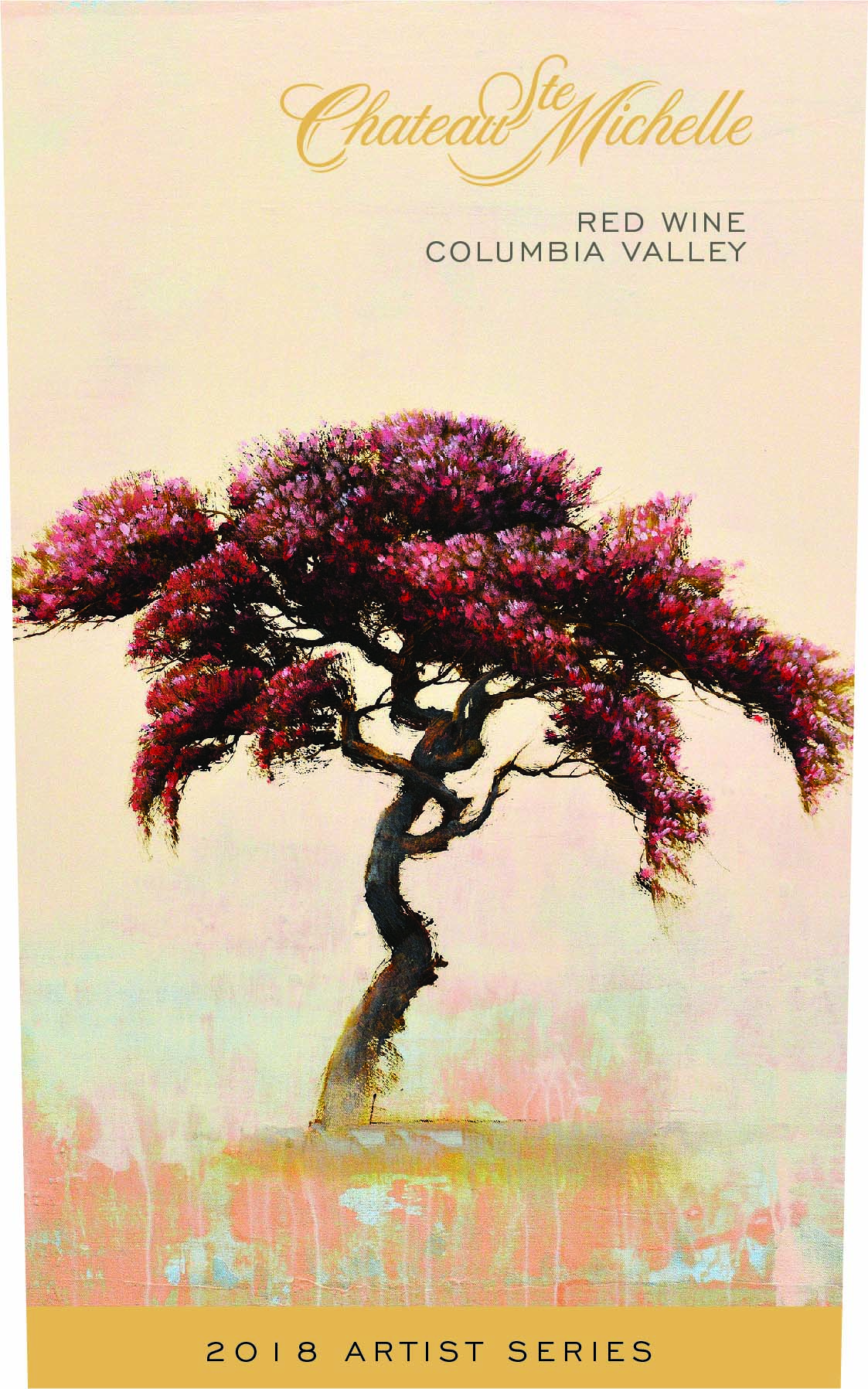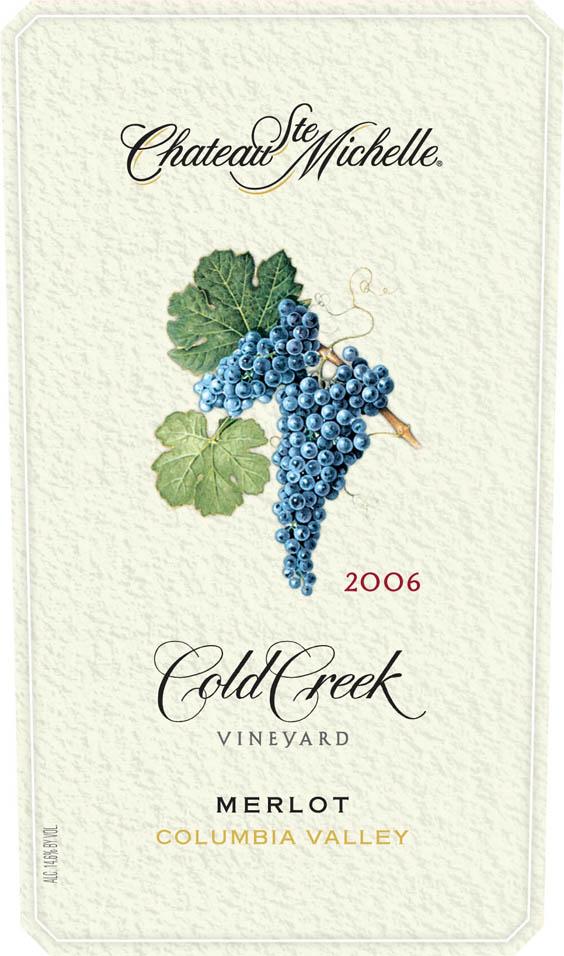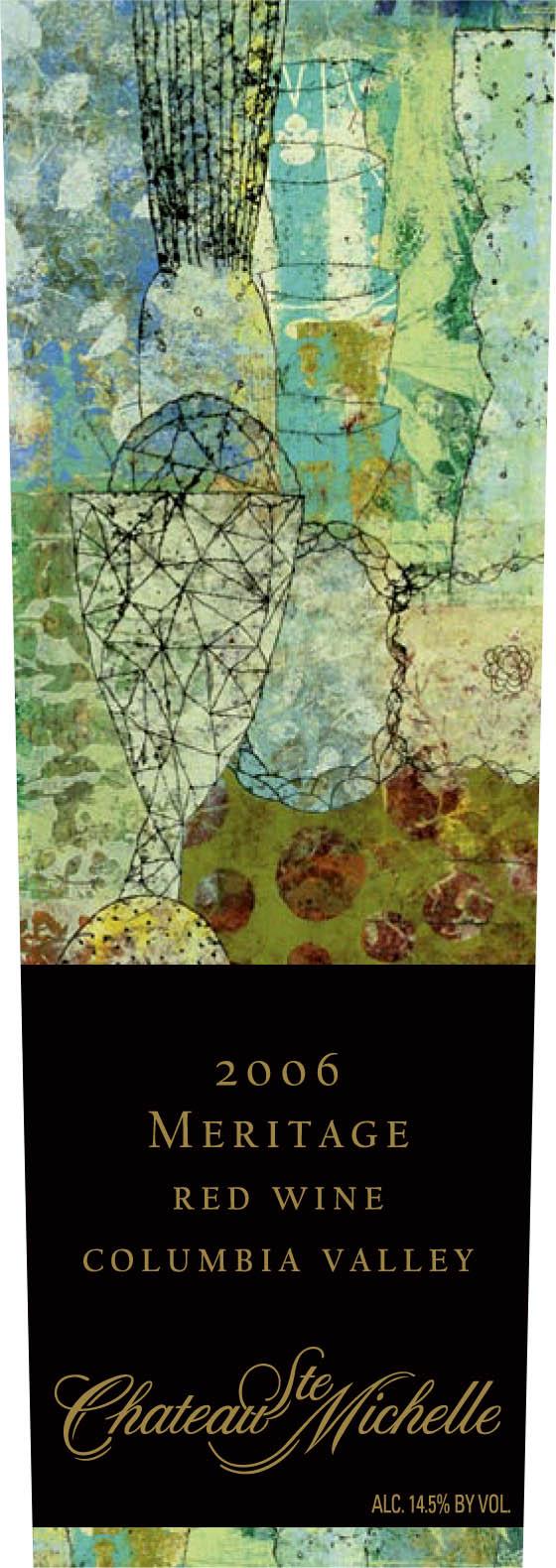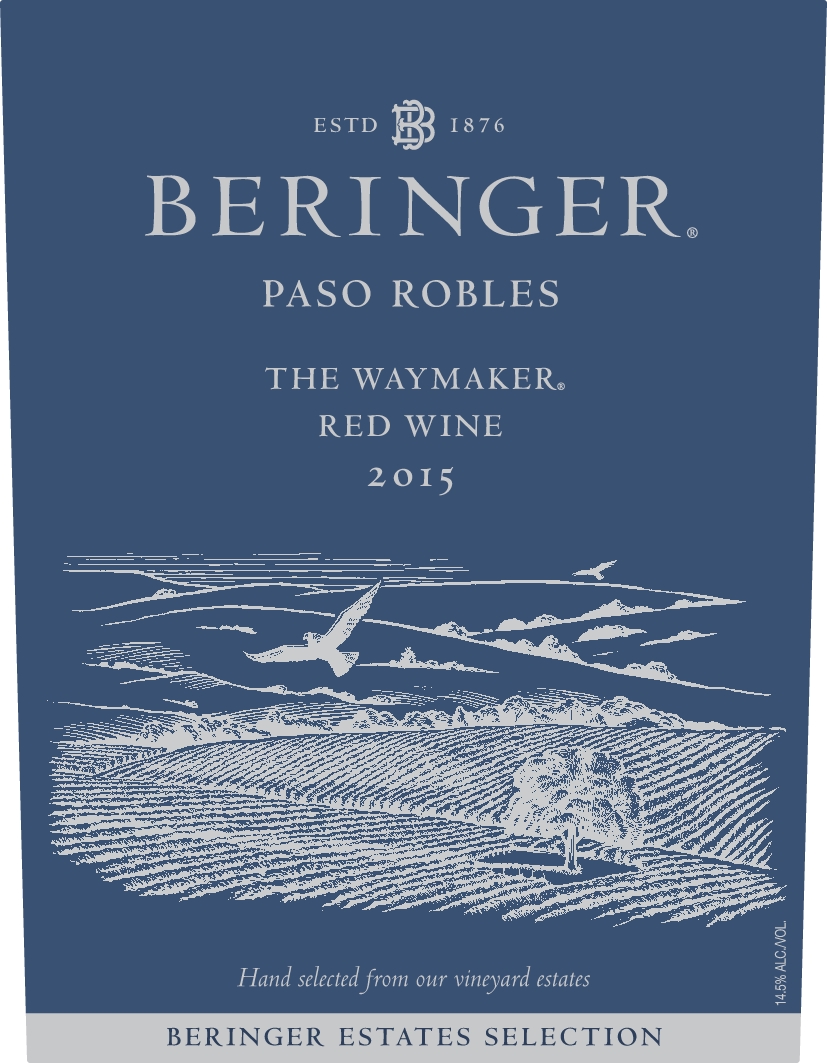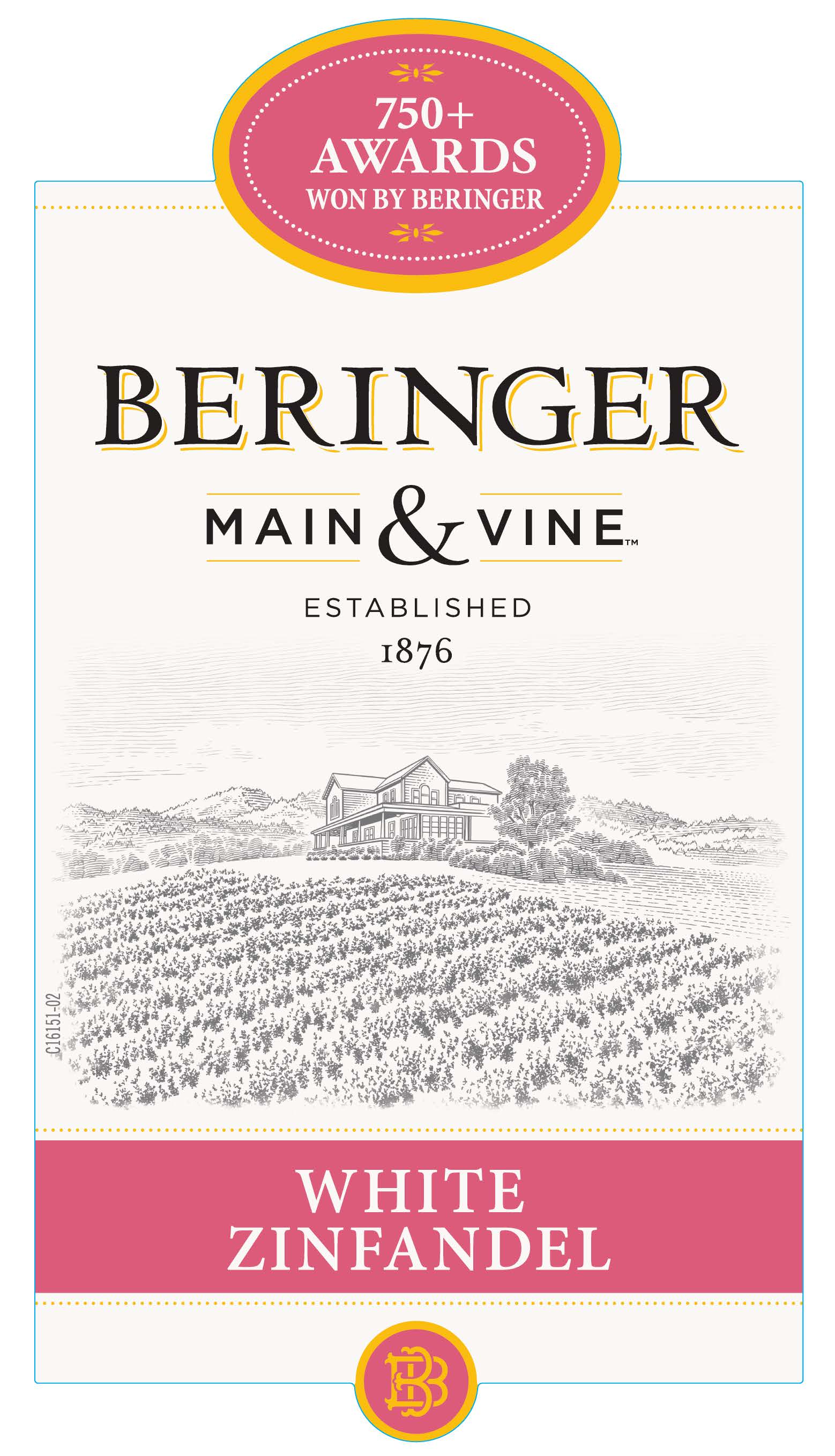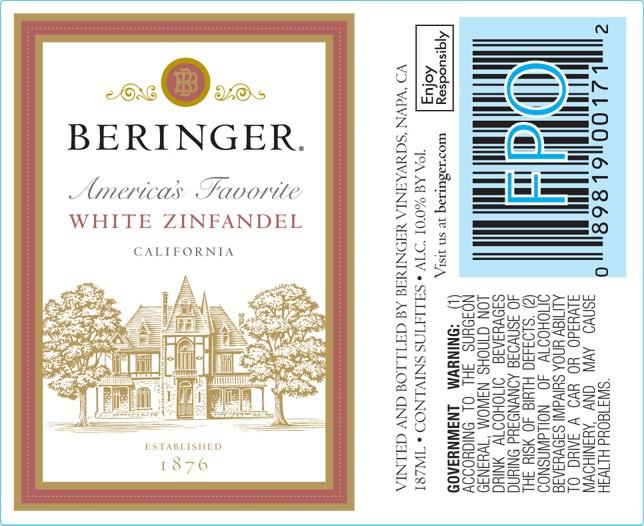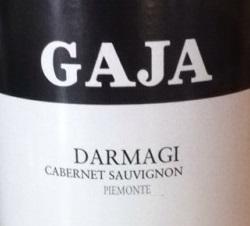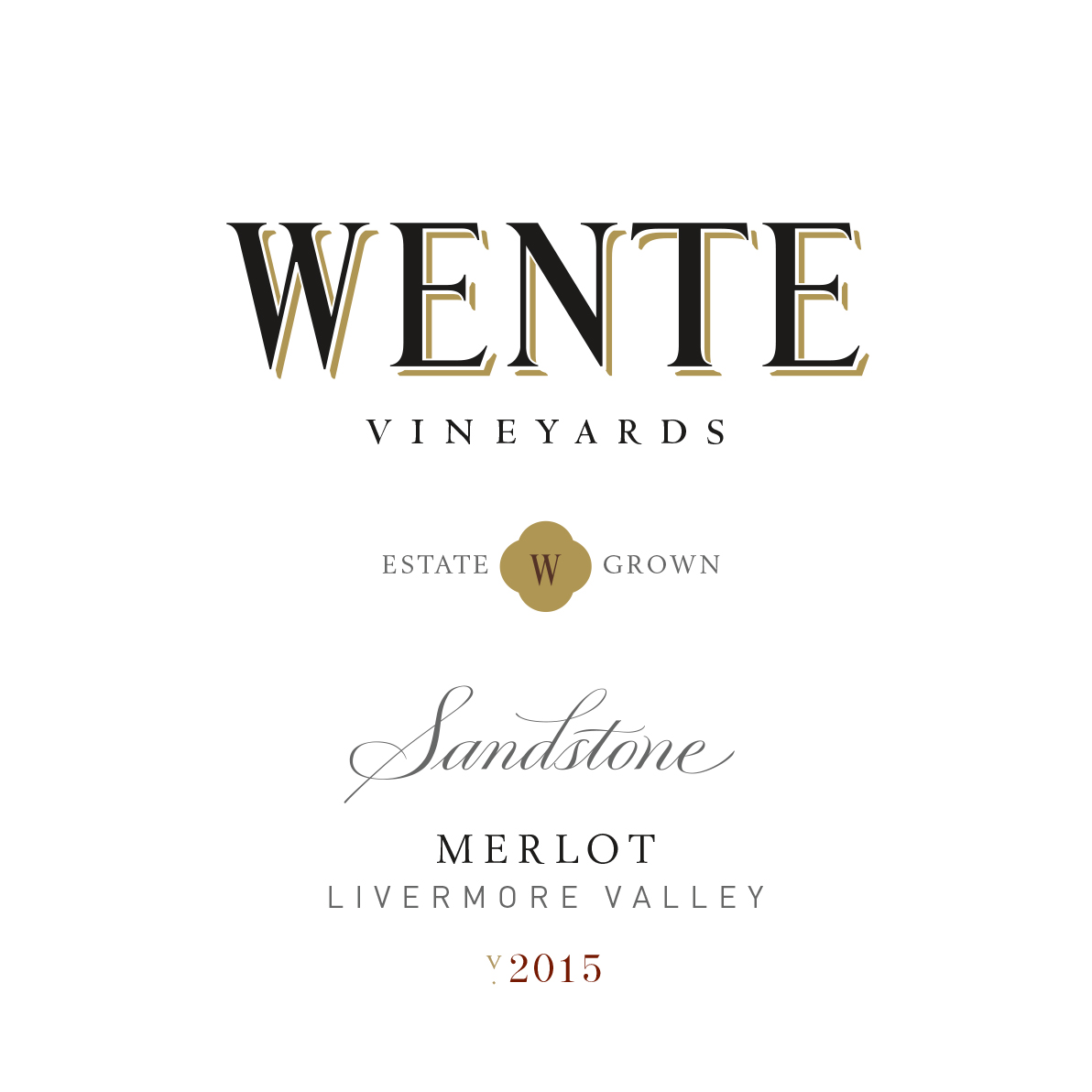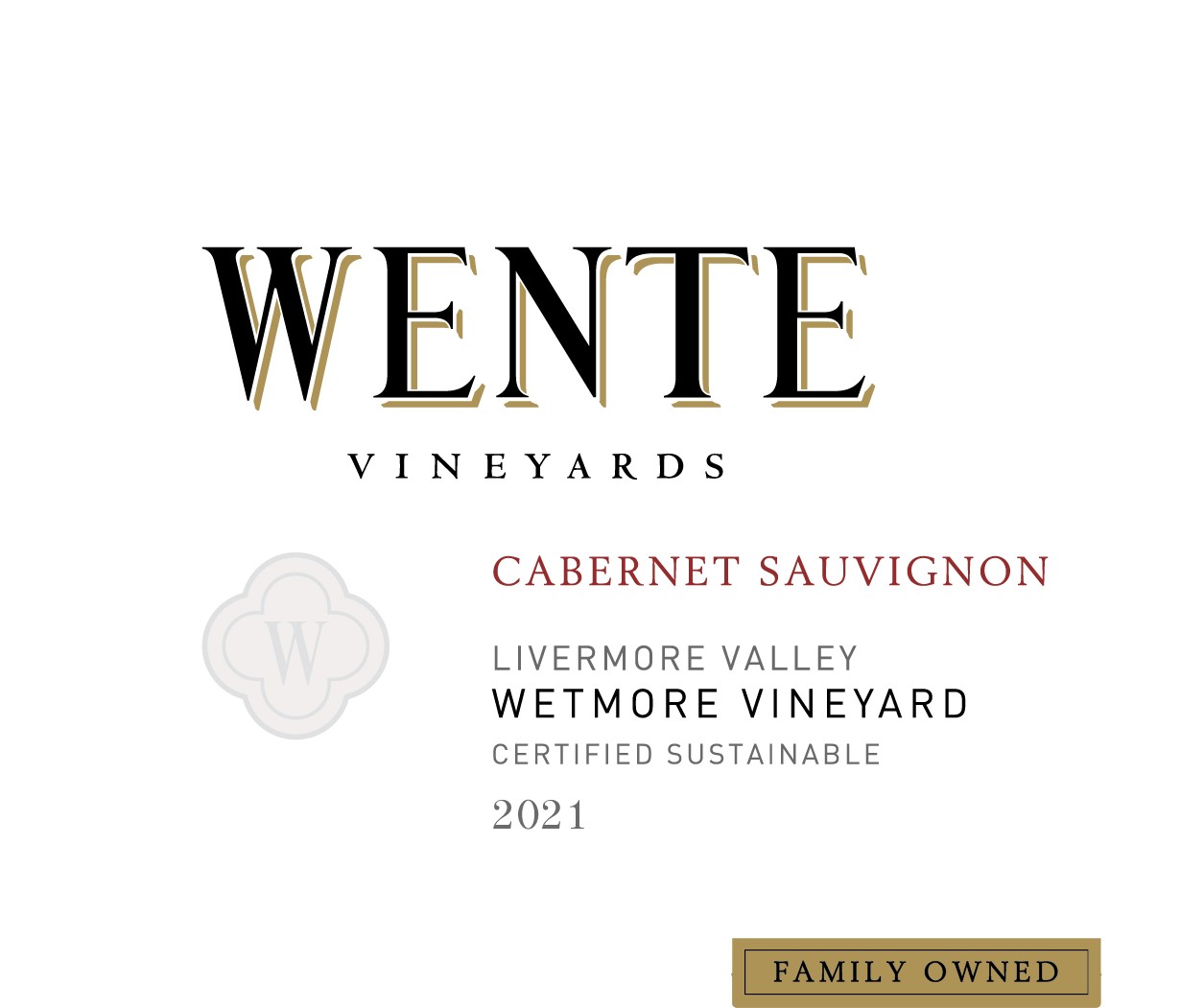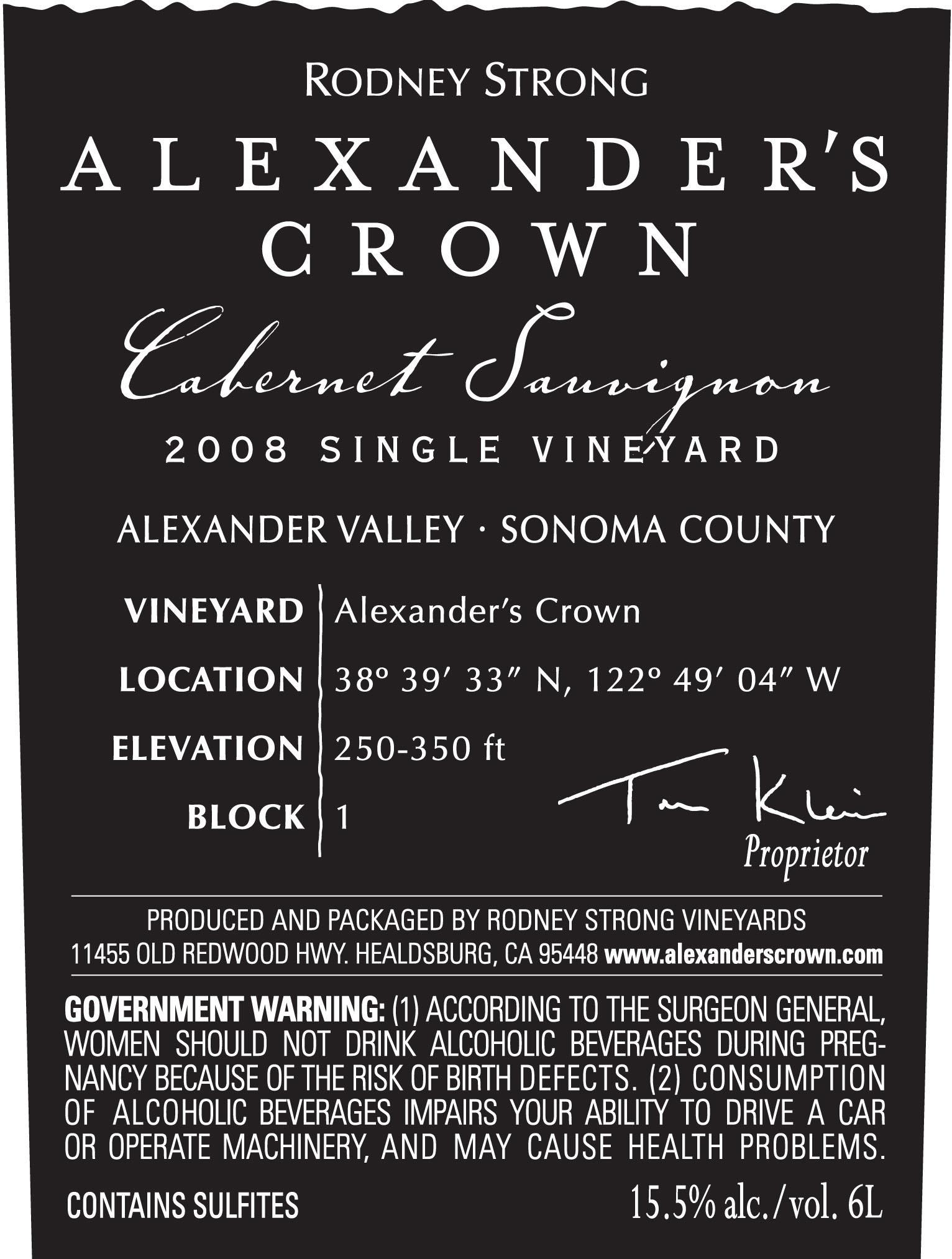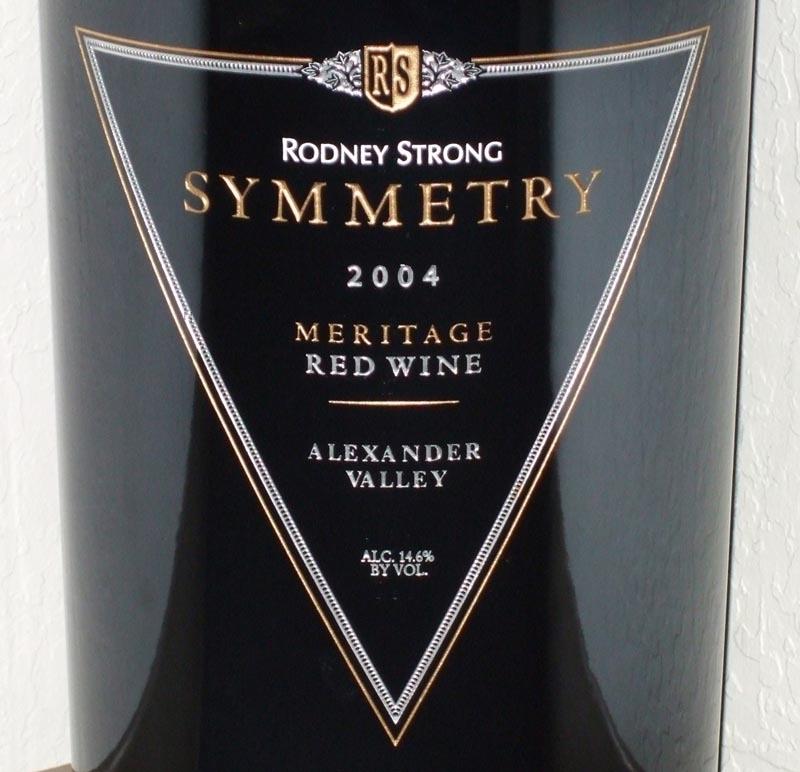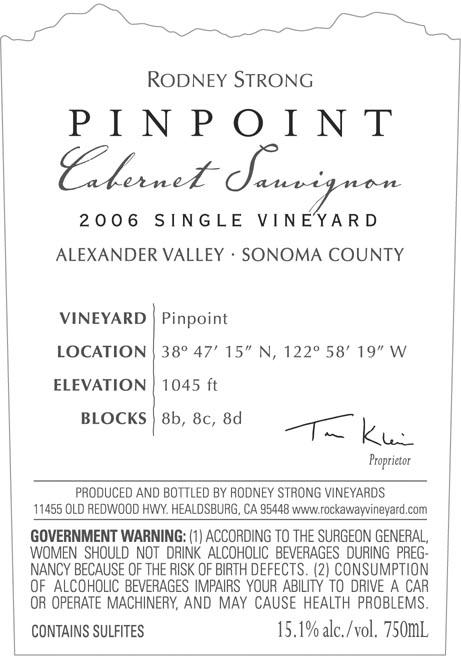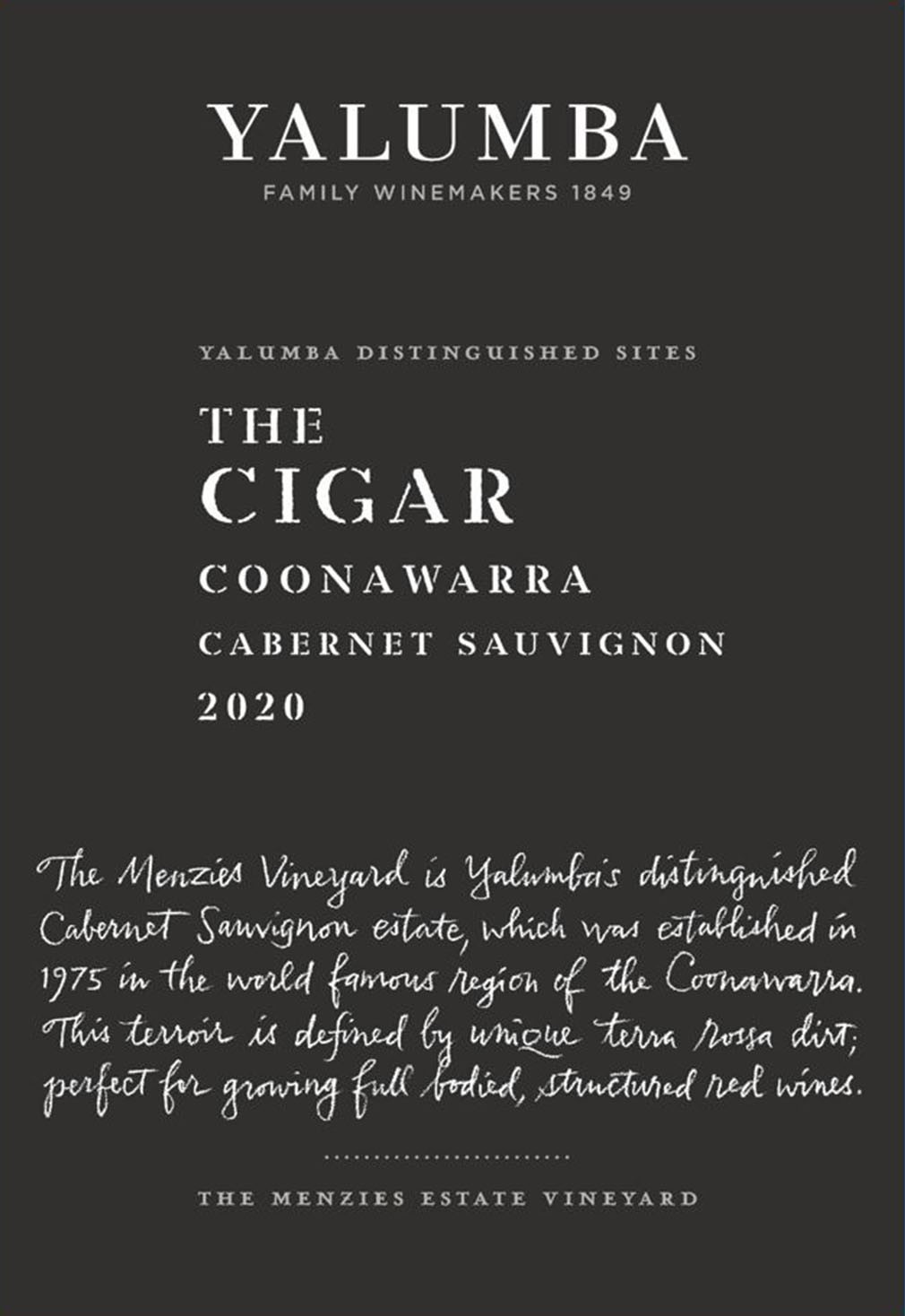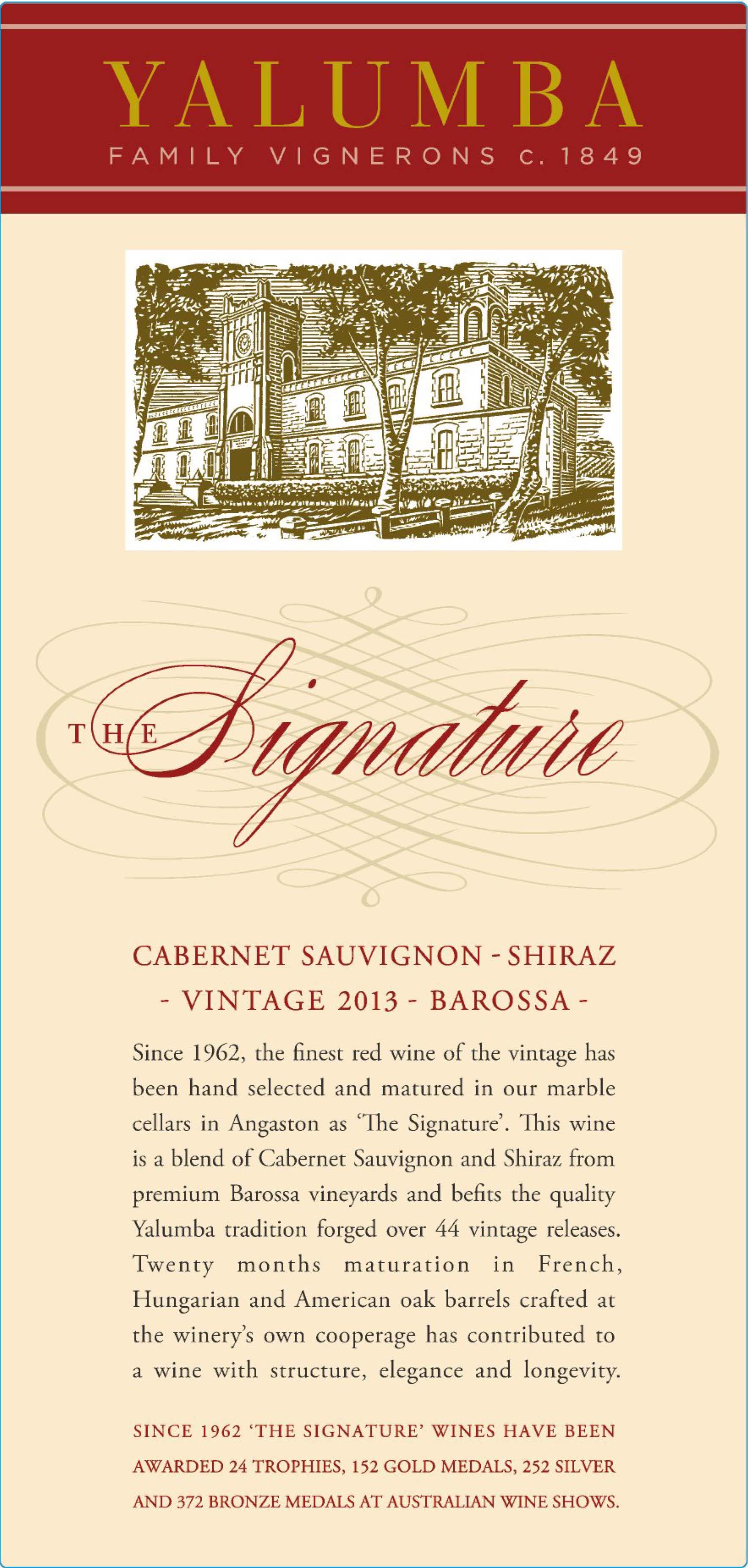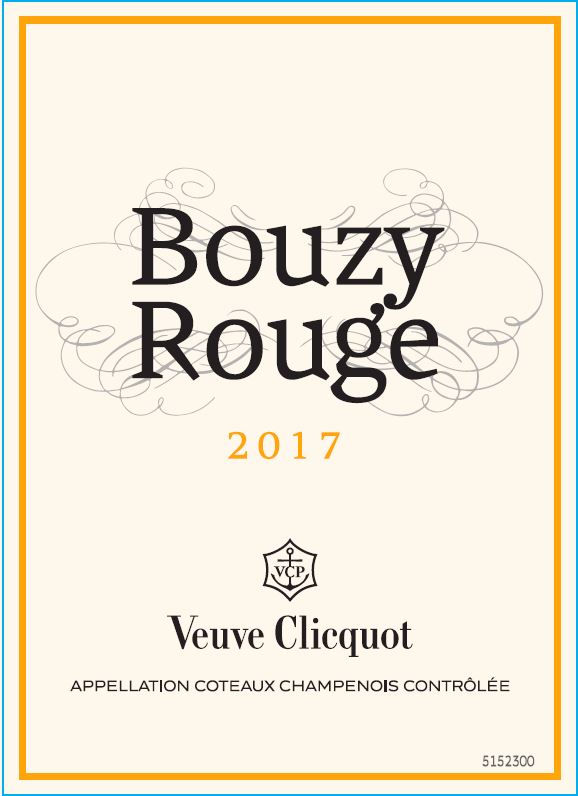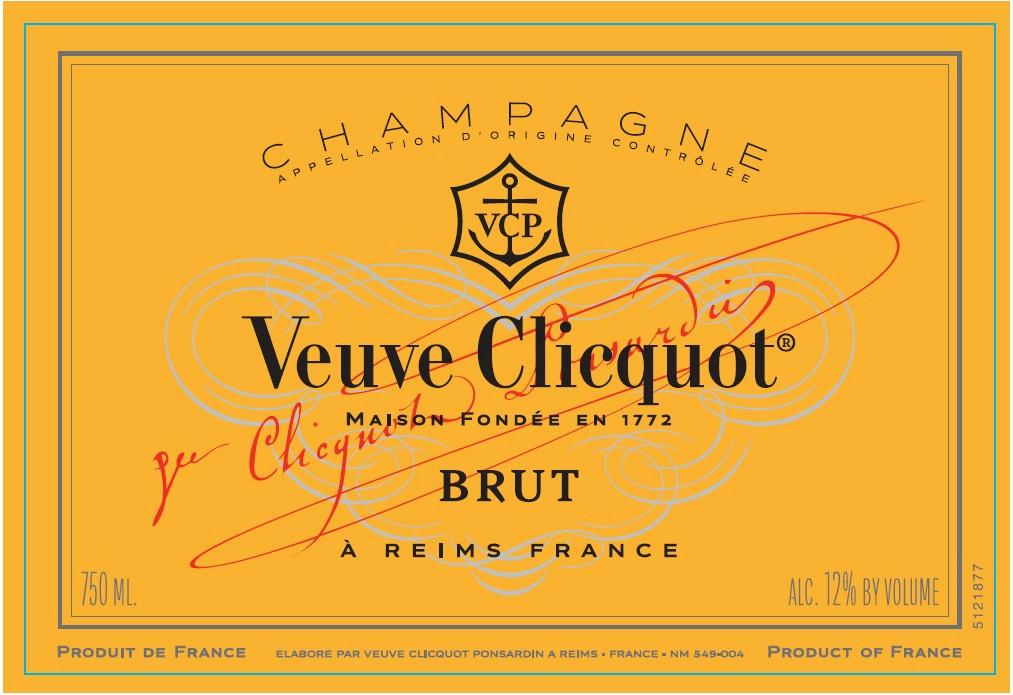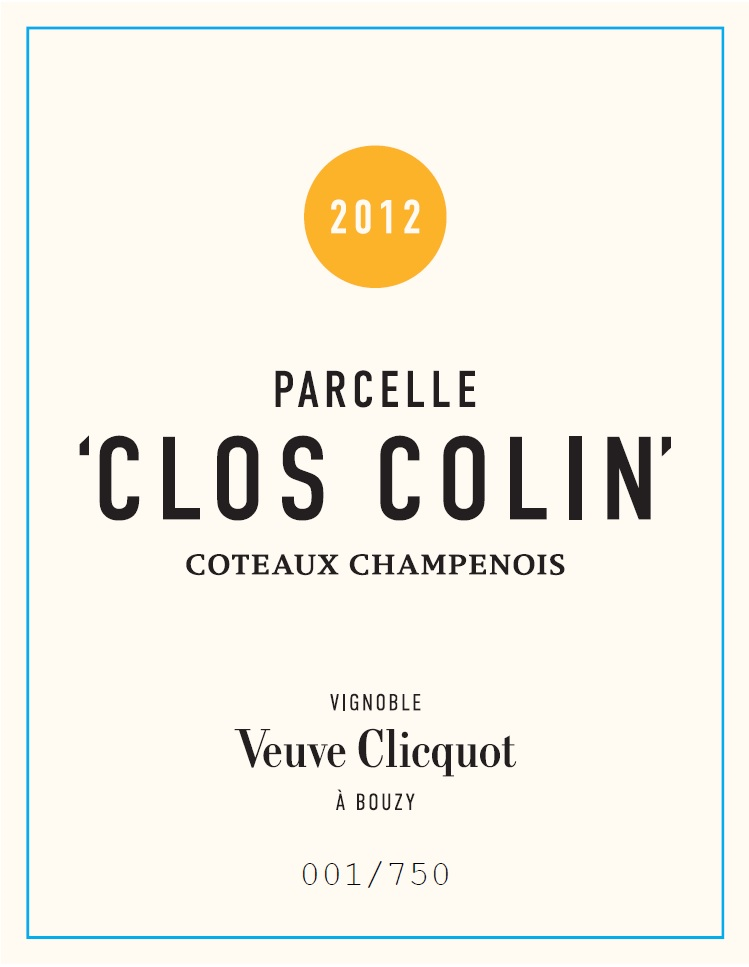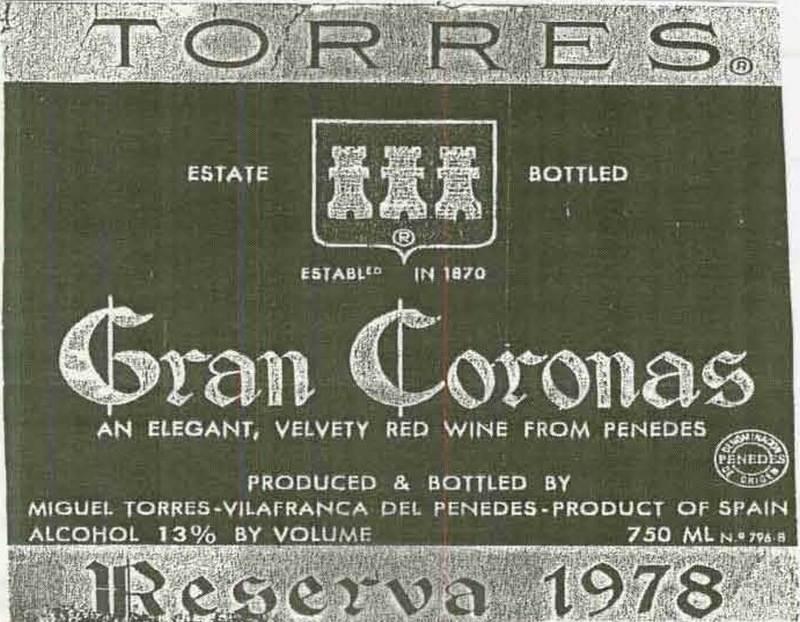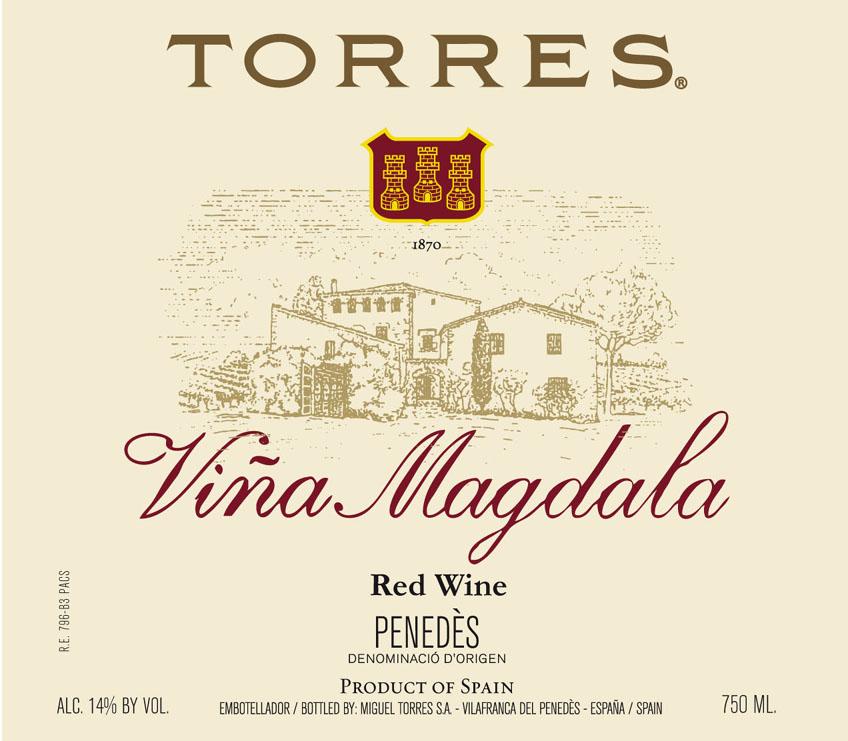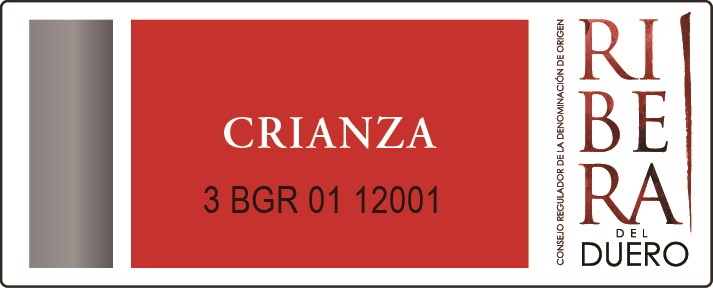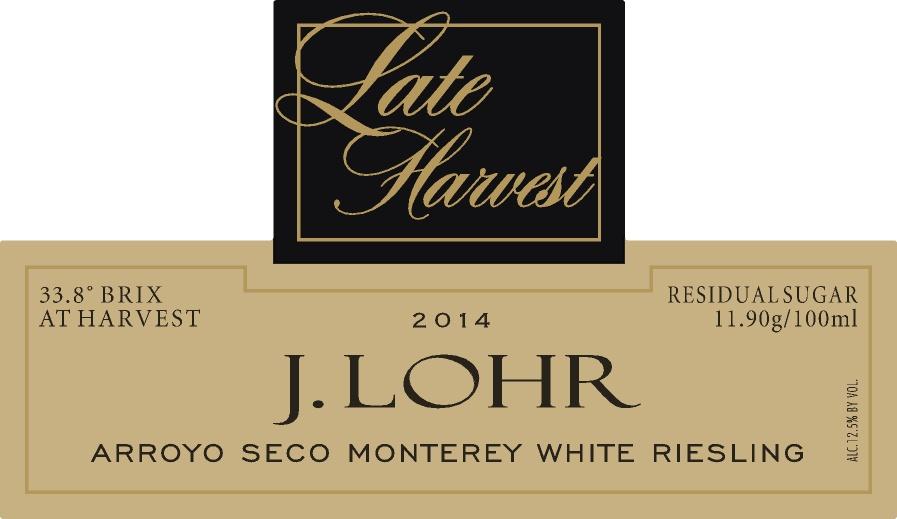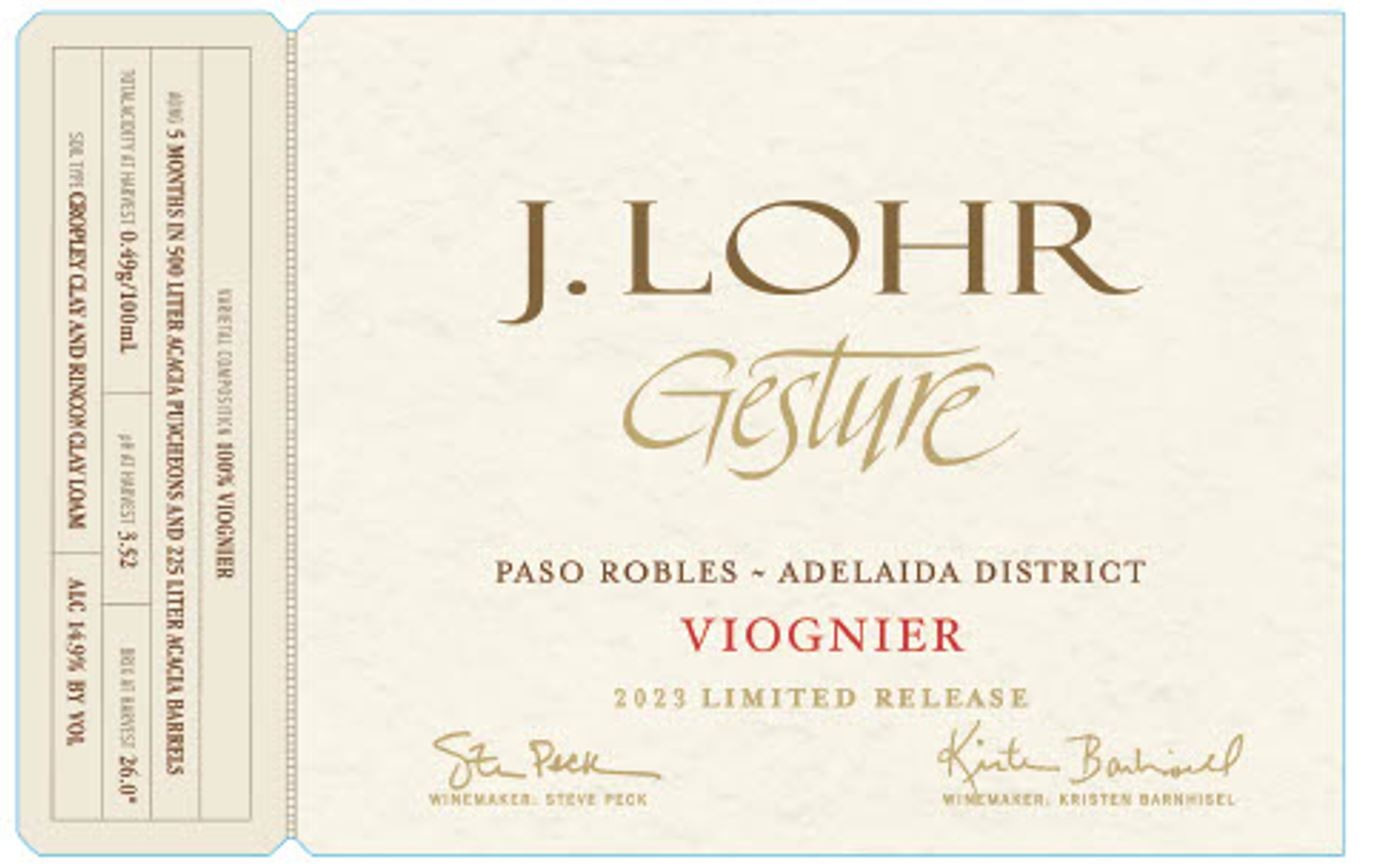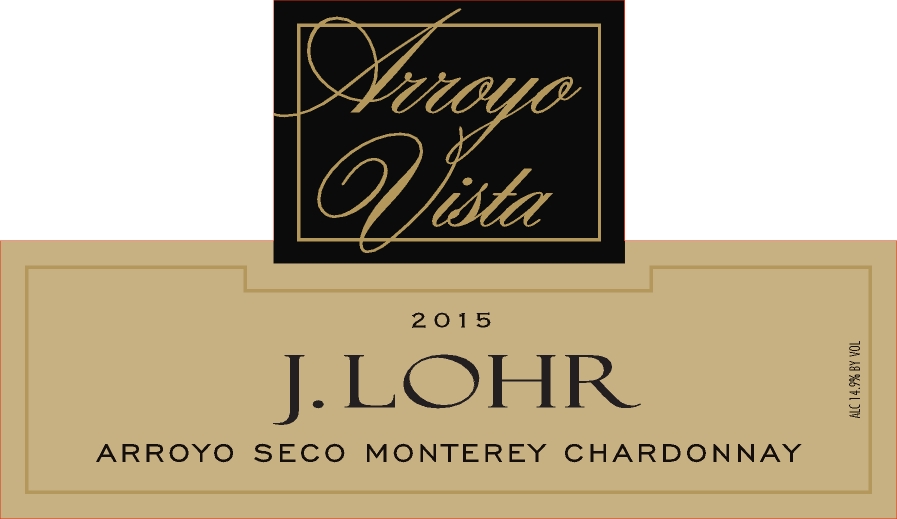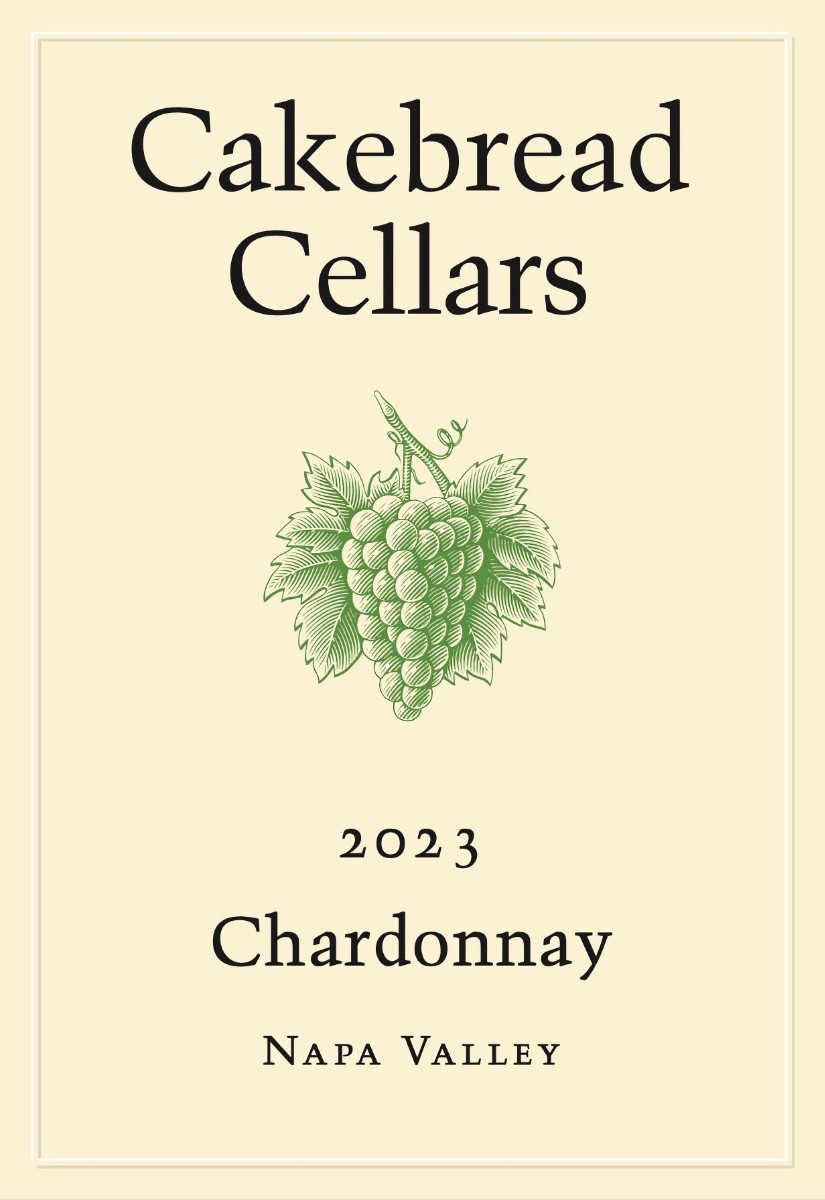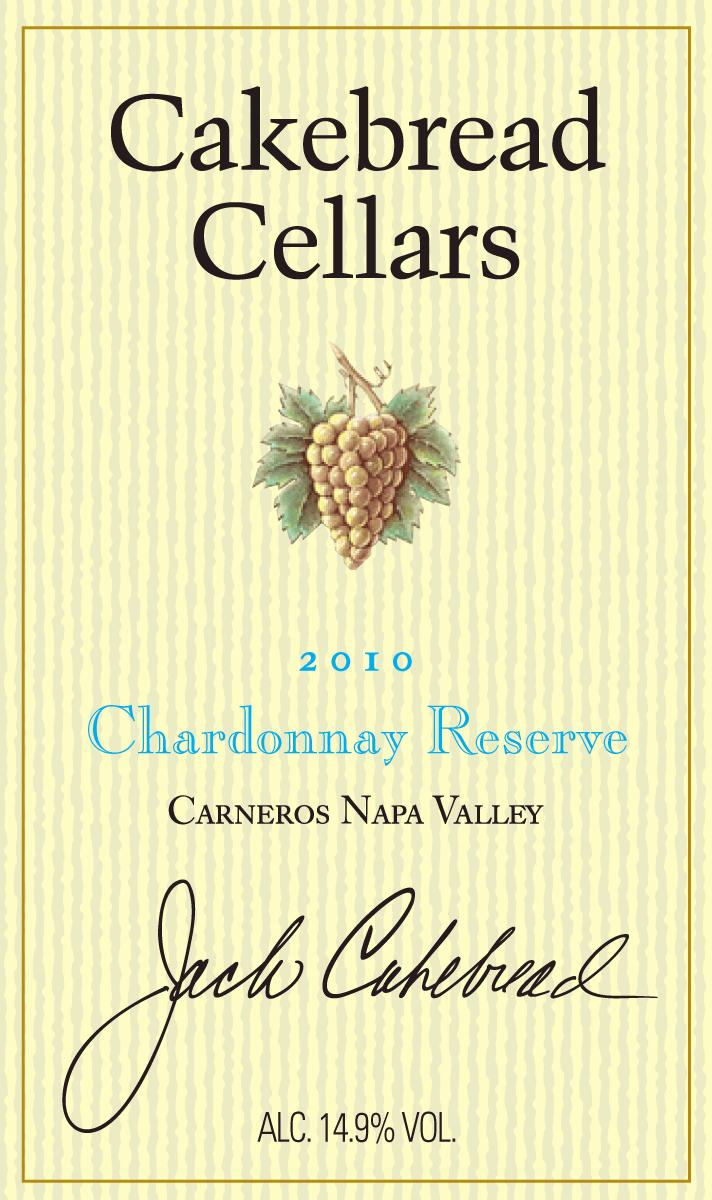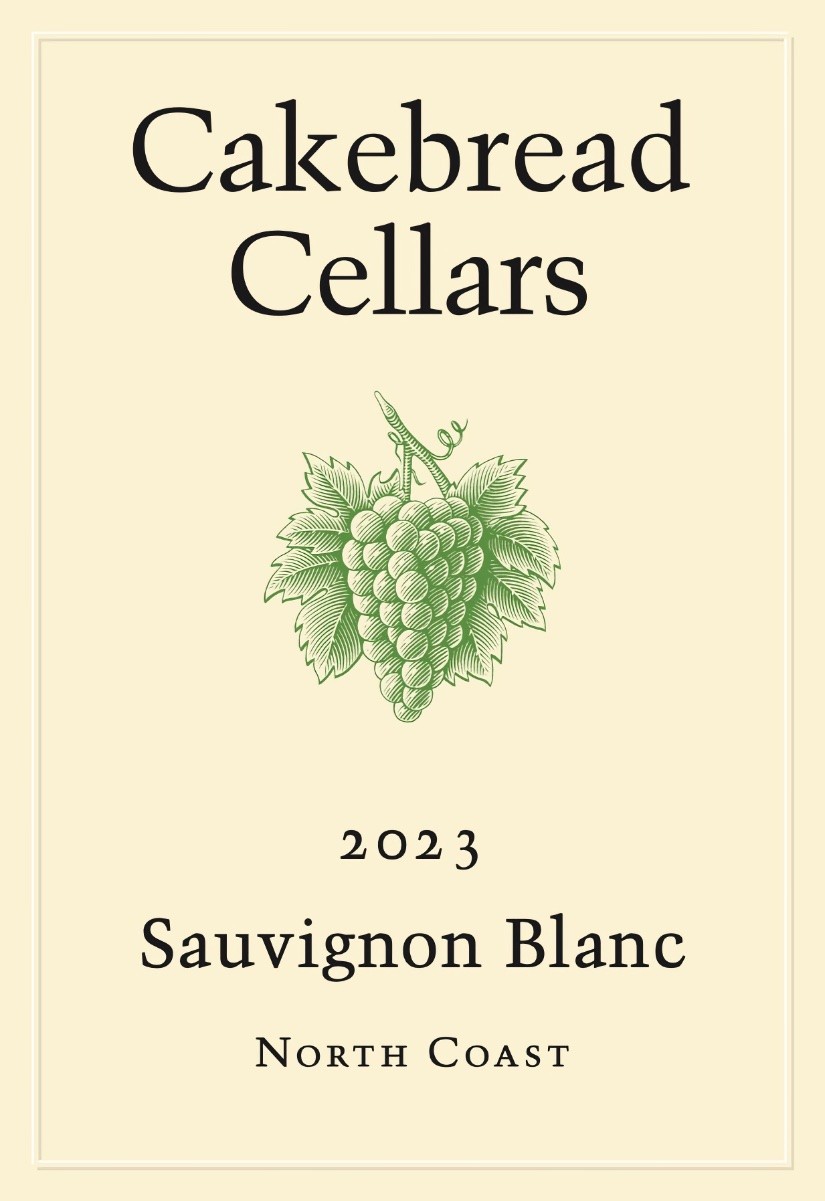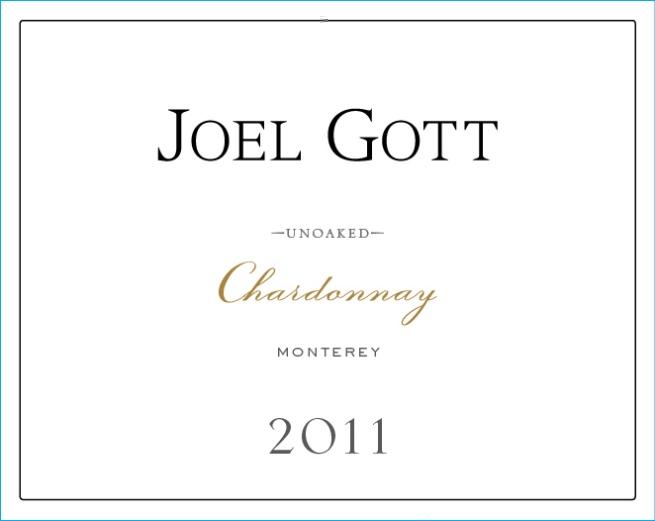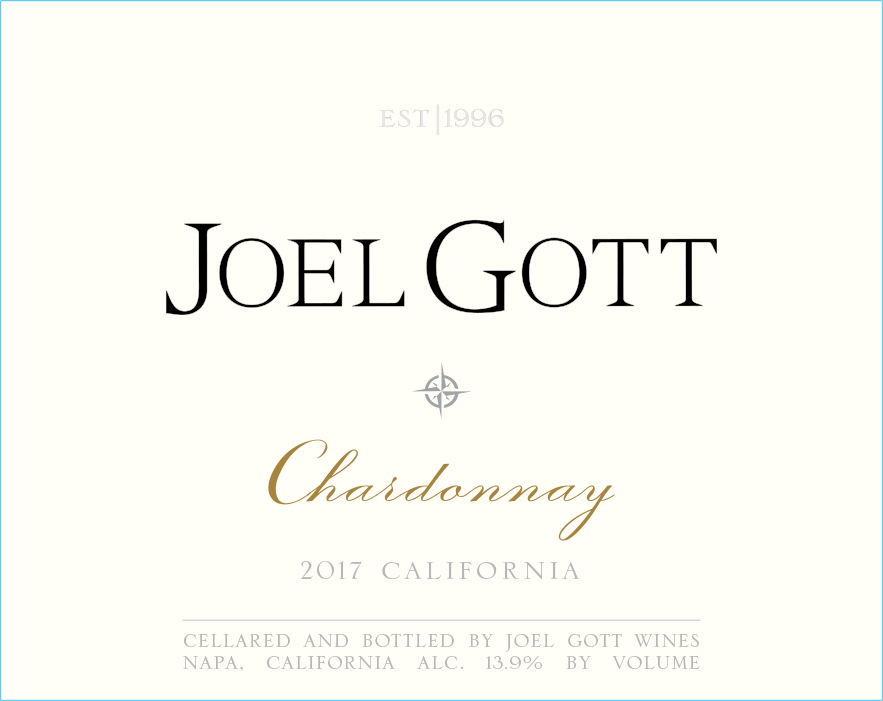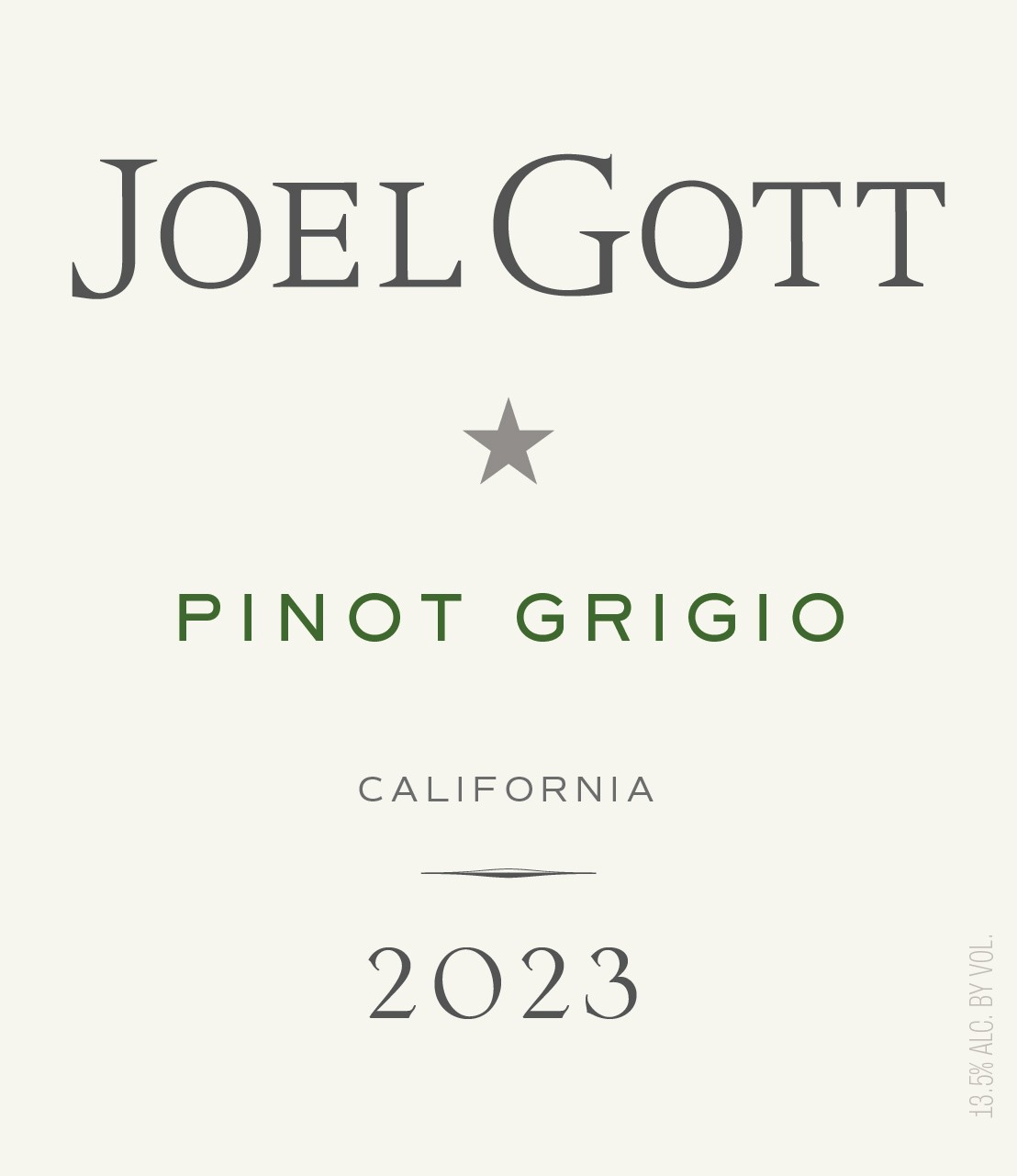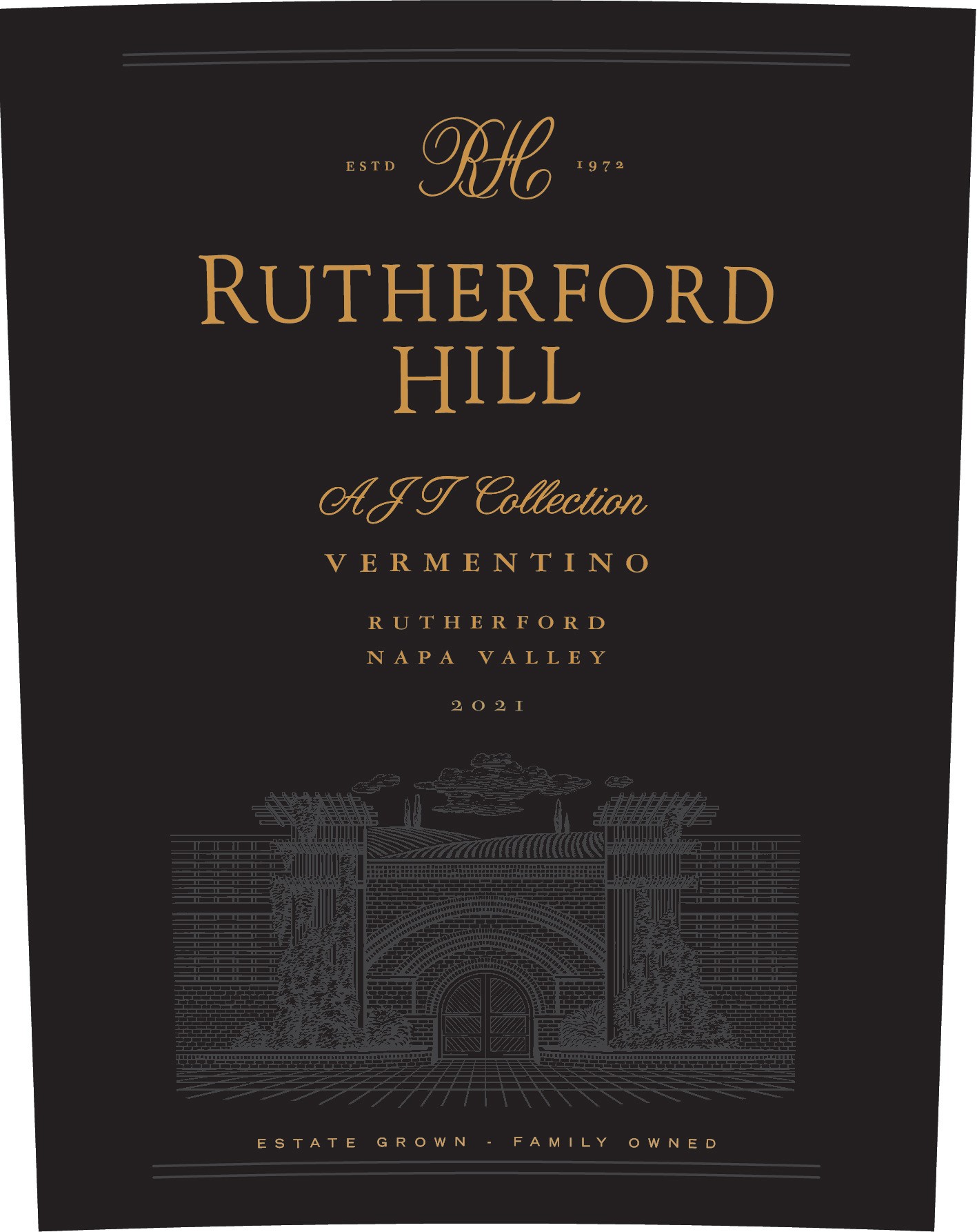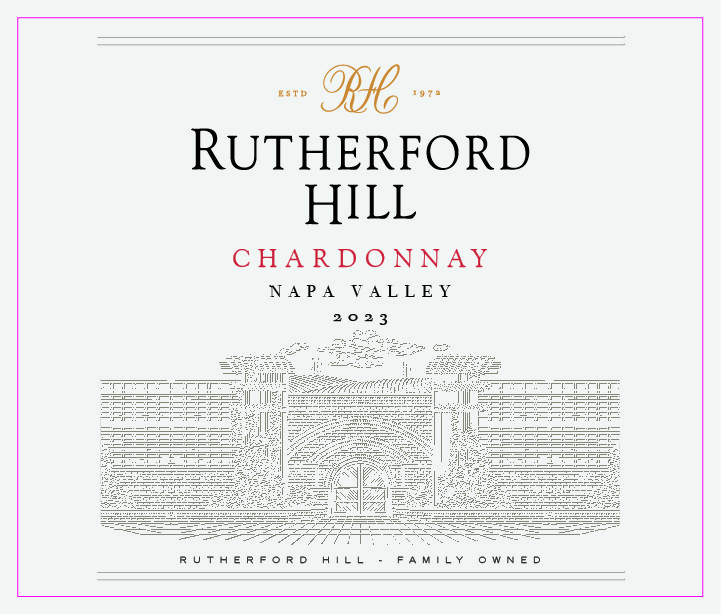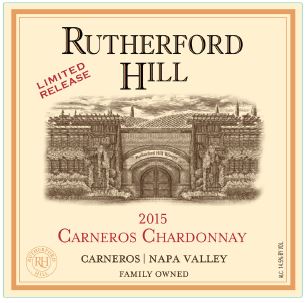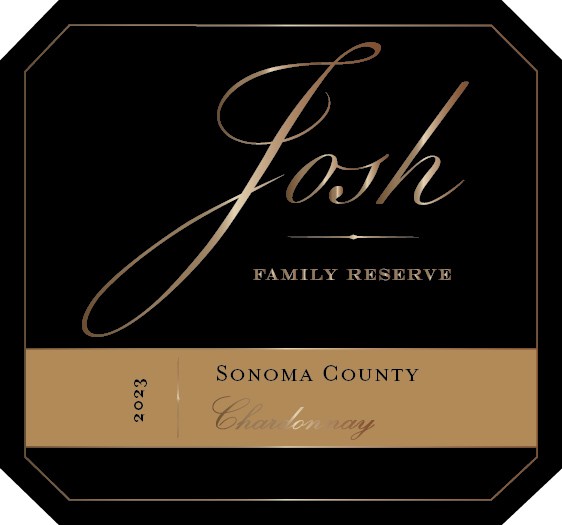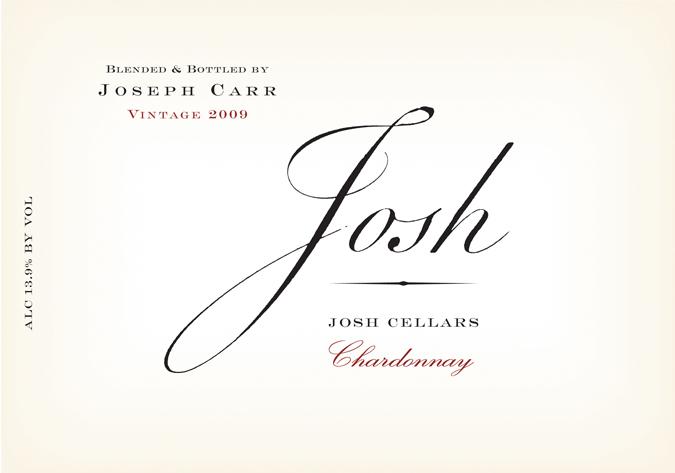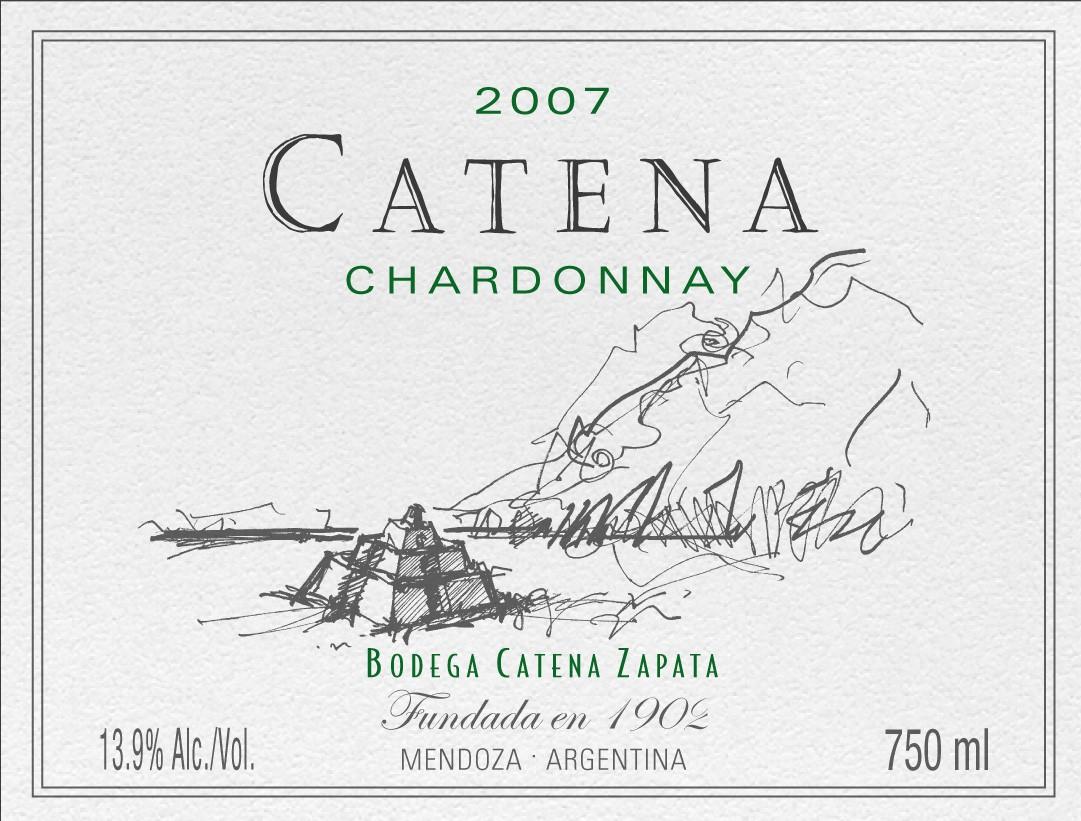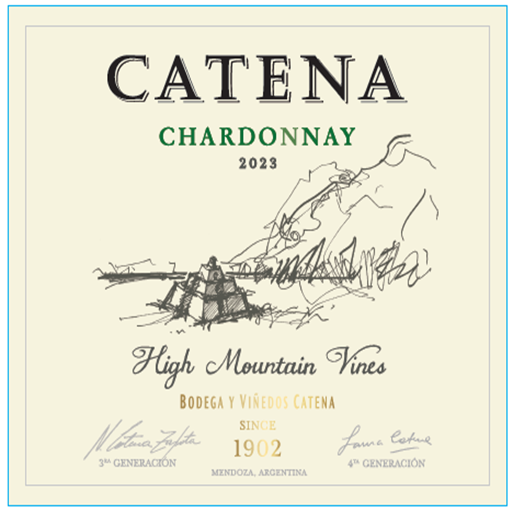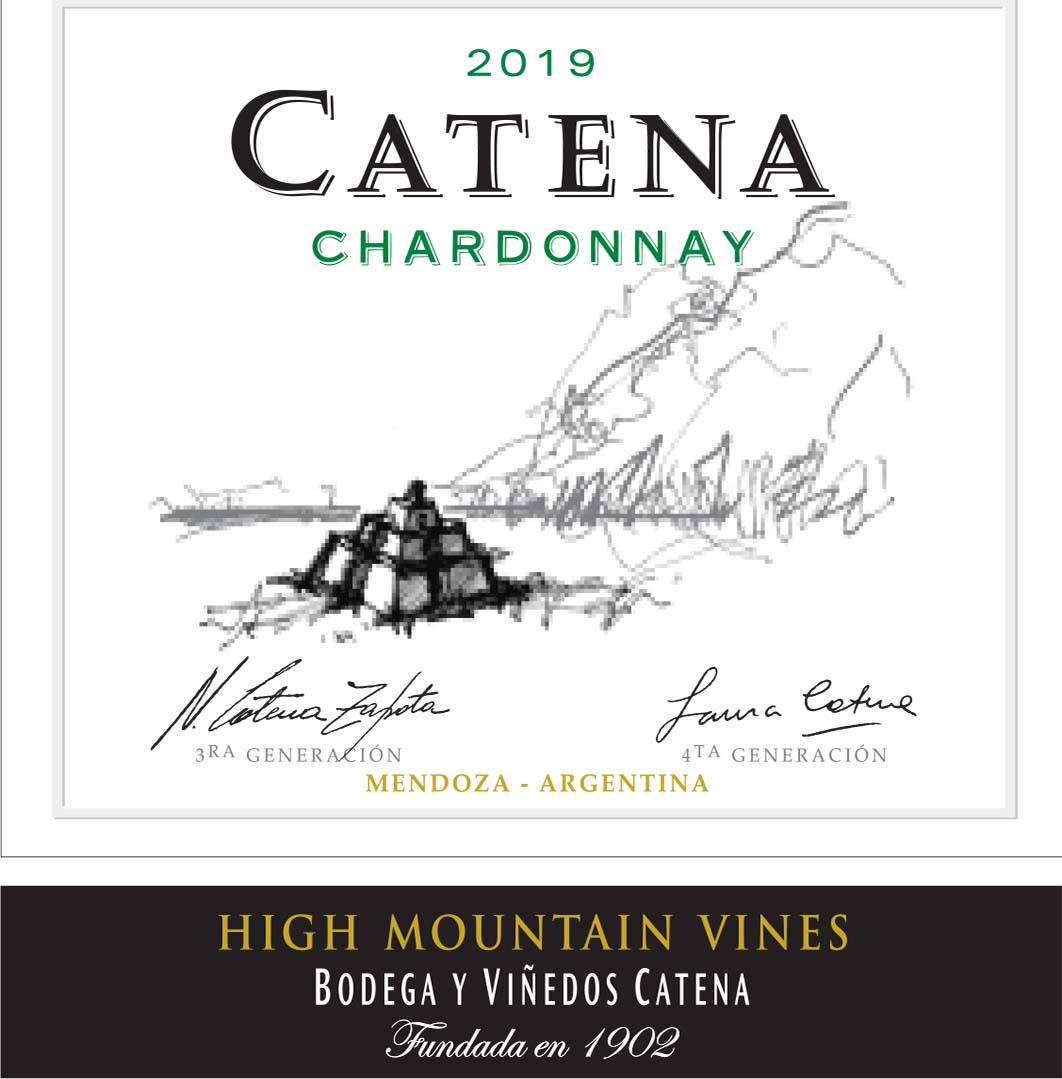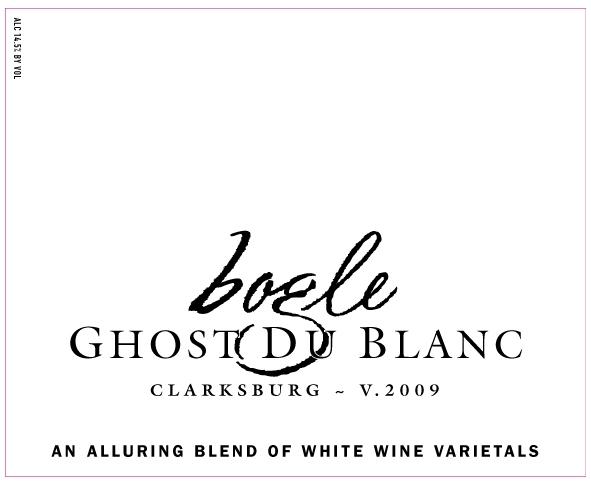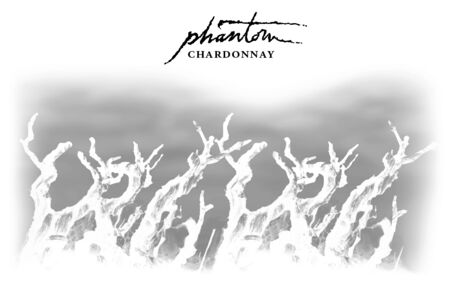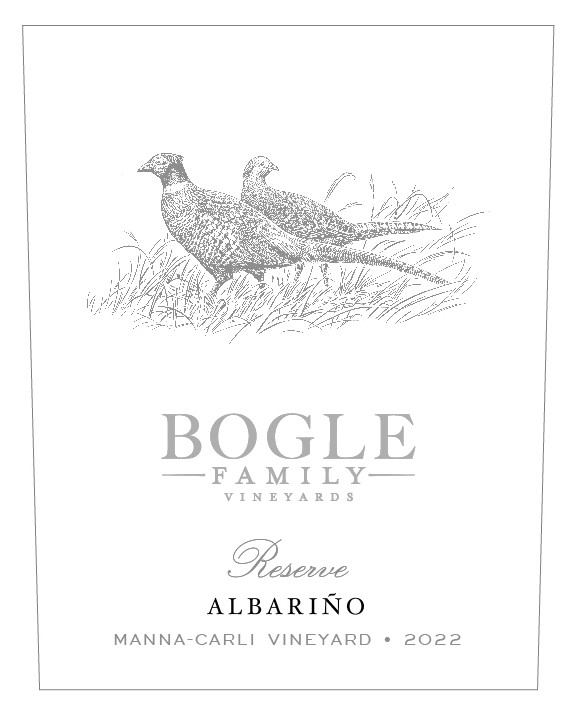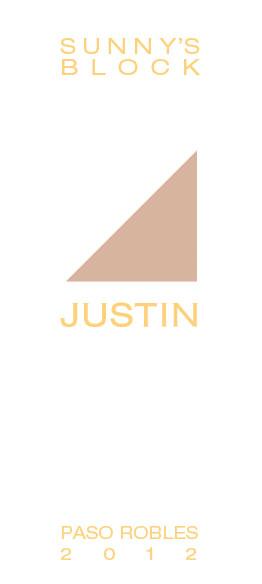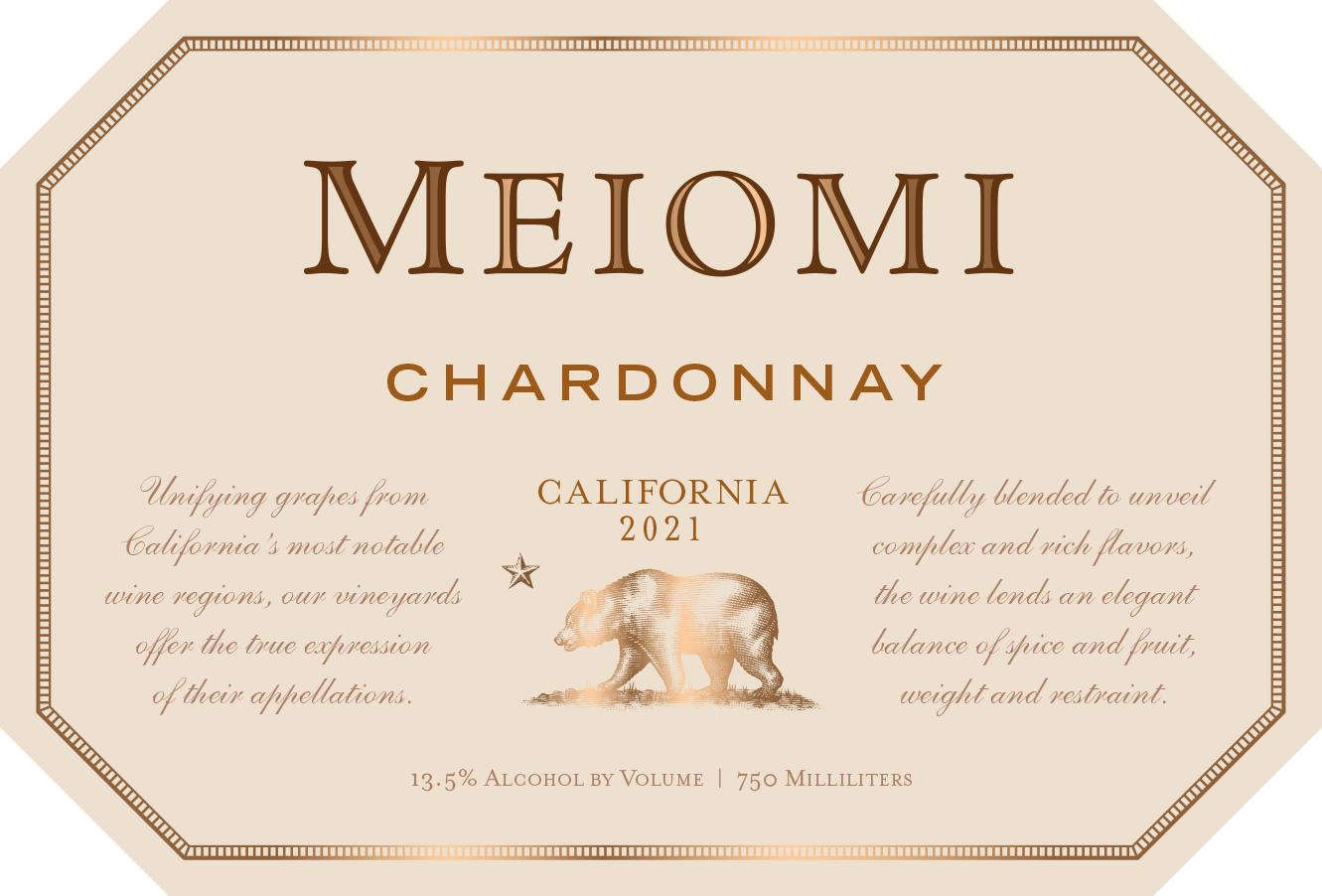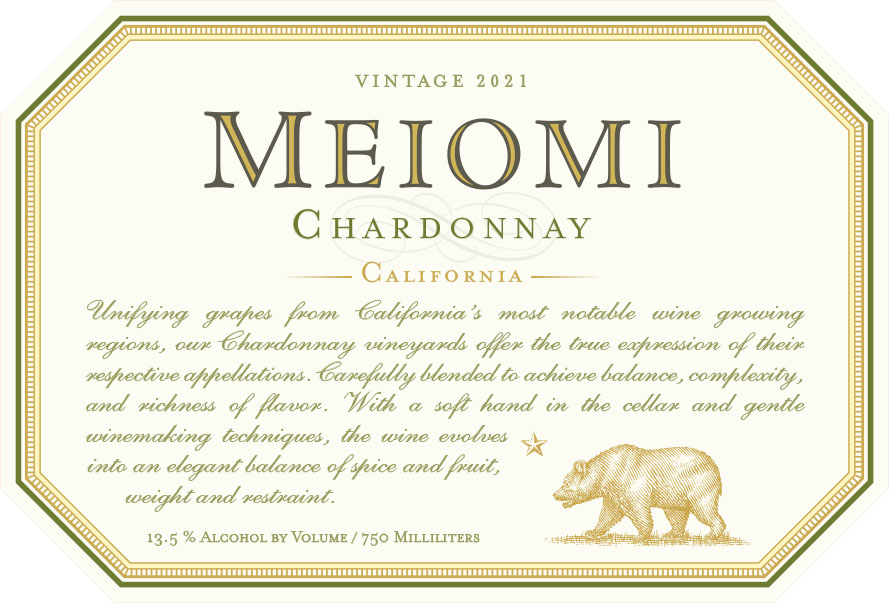Terroir of Monteforte d’Alpone
Monteforte has a unique landscape shaped by its volcanic origins, with soils made up of basaltic lava, tuff, calcareous marls, and fossil-rich limestone. These "black lands" offer great drainage and low nutrients, encouraging deep roots and producing mineral-rich wines. The area includes rocky outcrops and terraced plots, perfect for hand-farming and yielding moderate crops.
The region enjoys a warm, continental climate with Mediterranean influences, featuring sunny summers and significant day-to-night temperature changes that help keep acidity in the grapes. July experiences daytime temperatures in the mid-20s °C and cooler nights, while winters are cold enough for proper vine dormancy. Rainfall is heaviest in autumn, often coinciding with the harvest period from mid-September to October, which can present challenges for grape health and ripening. Hillside vineyards benefit from steady breezes and better airflow, contributing to vibrant, well-balanced wines that reflect Monteforte's classic Soave heritage.
Notable Wineries in Monteforte d’Alpone
Monteforte d’Alpone, nestled in the heart of the Soave Classico region, boasts a vibrant winemaking community. Among its notable wineries is Azienda Agricola di Graziano Prà, celebrated for its organic Soave Classico wines made from the Garganega grape, grown in renowned vineyards like Monte Grande and Monte Carbonare. These wines are acclaimed for their purity and mineral depth.
Another key player is the Cantina di Monteforte d’Alpone, a historic cooperative founded in 1948. It unites local growers to produce a diverse range of Soave wines, including Classico and sparkling varieties, and offers engaging tastings and tours.
In addition, Tommasi Viticoltori, a larger producer, crafts noteworthy Soave Classico from its Le Volpare vineyard. Alongside these prominent names, smaller family-run estates focus on terroir-driven wines, offering visitors a diverse tasting experience.
Sustainable Winemaking in Monteforte d’Alpone
Monteforte d’Alpone is embracing sustainability in winemaking, with many vineyards adopting organic and biodynamic practices. These methods avoid synthetic herbicides and pesticides, aligning with the region’s commitment to environmental care. Traditional training systems like pergola and guyot complement the landscape, while cover crops enhance soil health and biodiversity, preventing erosion.
Hand-farming remains prevalent, focusing on canopy management to ensure ripe, fresh grapes. Larger producers and cooperatives are implementing water-efficient and energy-saving strategies in the cellars. There is a trend towards low-intervention winemaking, with selective harvesting and minimal oak usage to express the unique volcanic terroir of the area. These efforts reflect a shared goal: preserving the environment while producing high-quality wines and maintaining the vineyards' long-term vitality.
Wine Tourism in Monteforte d’Alpone
Monteforte d’Alpone offers a rich tapestry of wine tourism experiences, seamlessly blending viticulture with culture. The Soave wine route invites visitors to explore local wineries, ranging from storied cooperatives to quaint family-owned estates. Guests can enjoy guided tours that include walks through the verdant vineyards and visits to age-old cellars, where the iconic Garganega grape shines.
-
Vineyard Trails: Meander through the scenic trails by foot or bicycle.
-
Culinary Pairings: Savor Soave wine with local dishes like risotto and polenta at charming inns.
-
Historical Sites: Discover the Madonna della Neve church and ancient ruins.
-
Wine Festivals: Experience seasonal events with guided tastings and special activities.
Monteforte's close proximity to Verona, combined with its breathtaking landscapes and welcoming atmosphere, makes it an essential destination for wine enthusiasts.



